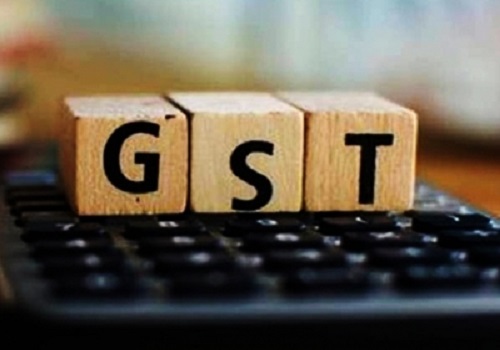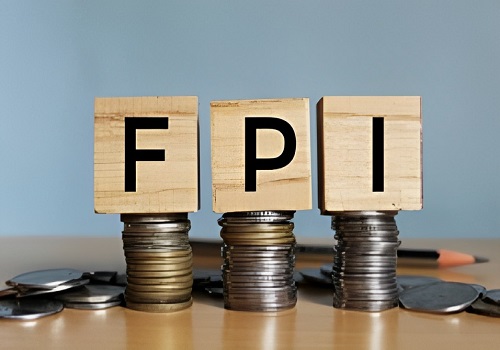Centre sacrificed large portion of GST revenue to compensate states: Arvind Subramanian

Former Chief Economic Advisor (CEA) Arvind Subramanian has said that the Centre has sacrificed a large portion of revenue from Goods and Services Tax (GST), up to 1 per cent of Gross domestic product (GDP), every year since the rollout of the new indirect tax regime to fund a 14 per cent compensation guarantee provided to states. He also said that it would not be advisable at this point in time to bring petrol and alcohol under the GST. GST was rolled out on July 1, 2017, subsumed 17 taxes and 13 cesses into a 5-tier structure, thereby, simplifying the tax regime. He further said that the GST is a remarkable reflection of cooperative federalism and a counterexample to the narrative of fiscal centralisation by the Centre in the last decade.
Former CEA has stated that the GST has worked broadly on expected lines to benefit the poorer states. He said the centre has lost 0.5-1 per cent of GDP in revenue every year in the last seven years and added that bringing the cess into a rationalised rate structure can ensure that compensation may not be necessary in future. He also pointed out that GST revenues have come back to the pre-GST level, despite rate cuts showing that collections have improved and indirect taxation has become a bit more progressive. He added that reforms in the GST structure are deeply necessary but highly unlikely to happen.
The GST compensation cess was discontinued after fiscal 2021-22. The gross GST collection increased 8 per cent to Rs 1.74 lakh crore in June. GST contributes significantly to state revenues – states receive 100 per cent of SGST collected in that state, approximately 50 per cent of IGST (i.e. on inter-state trade). A significant portion of CGST--42 per cent--is devolved to the states based on the Finance Commission’s recommendations
























